First aid knowledge and certification are important for you, your family and your community. Injuries and sudden illnesses are not uncommon, and first aid enables you to assist anyone in need. Basic first aid certification is easy to get, allowing you to offer initial assistance to people, whether the emergency is in your home, workplace, or a public space.
The simple techniques and procedures you are taught are invaluable when it comes to helping others. You are taught to offer assistance with limited equipment until professional medical assistance arrives.
First aid training is often put off by people who say they don’t have the time, are unsure where to get the basic training, don’t believe they will ever need it or feel they already have enough first aid knowledge.
Learning about the three P’s is what everyone learning to administer first aid is taught. These essentials are to preserve life, prevent further injury and promote recovery. Don’t put off learning these important life-saving skills.

Why Is It Important to Know and Use the Fundamentals of First Aid?
The fundamentals of first aid training allow trained people to assist an injured or ill person during several types of emergencies.
These situations include the ingestion of a harmful substance, someone suffering a heart attack, seizure or stroke, and several types of accidents, whether in the workplace or a motor vehicle accident. Additionally, first aid training prepares you on how to react if anyone needs assistance during a natural disaster.
- As a trained and knowledgeable person, even if it’s just in the basics of First Aid, you can assist an injured person until the arrival of emergency responders. Communities and workplaces benefit when a large majority of people within them have first aid training.
- First Aid knowledge also benefits the injured or ill party and all those around them. Whether people are directly or indirectly involved in an emergency, first aid diminishes its severity.
- First Aid knowledge and training are beneficial to everyone, but it is even more valuable for anyone who lives or works with individuals requiring ongoing special attention or treatment, including children, chronic illness sufferers, those with physical or mental disabilities, the elderly, persons with disorders such as epilepsy, anyone working in a dangerous environment (like factories and construction sites) or at recreational facilities.

Inquire about CPR Training
Do you have questions regarding CPR training? Contact us today! Our customer service representatives are ready to assist you.
What Makes First Aid in Schools So Important?
Children are at the most active phase of their lives and are often the victims of medical emergencies. That’s why first aid training is essential for everyone in a school setting, even the children.
Schools are the ideal setting for minor and major accidents like falls, tripping, children colliding, and swimming pool accidents. Whether the injuries from these are slight or severe, first aid is vital to helping the victims by helping the first aider assess the situation, handle any injuries, and to call for emergency assistance if needed. First aid can not only prevent the injured child’s condition from getting worse but can save their life.
Staff and students at schools should be equipped with basic first aid skills and CPR training to prevent injury-related mortality rates, promote safety and prevent student disabilities caused by injuries.
School first aid training also helps students become better-equipped adults, both in their homes and their communities.

These are the essential first aid basics for school children:
- Learning the skills of staying safe and healthy
- Checking the safety of the area of an emergency
- Learning to keep calm in an emergency
- Keeping the injured person alert while calling for professional emergency help
- Properly learning how to get details from the injured person about their condition, and describing it to others
- Learning how to perform CPR
- Treating burns, cuts, and scrapes
- Applying pressure to a wound to stop bleeding
- Basics of wound bandaging
- Relieving an allergic reaction
- Stopping a nosebleed
What Should You Put in Your First-Aid Kit at Home?
Offering first aid to someone who is ill or injured brings them immediate relief. The training itself is the first tool required, but a well-stocked first-aid kit is also important. Whether this is for the home, a business, school, vehicle, or community environment, it should always be kept somewhere easy to find.
For your home first aid kit, you can either buy one or prepare a container with all the essentials yourself. Remember, it must be sturdy, have dividers for better organization, and should be easy to carry and open.

Include the following in your first-aid kit:
- Up-to-date first-aid manual
- List of emergency phone numbers
- Different sizes of sterile gauze pads
- Medical adhesive tape
- Several sizes of adhesive bandages
- Elastic bandage
- Splint
- Antiseptic wipes
- Antibiotic wipes
- Antiseptic solution
- Anti-itch wipes
- Ibuprofen and acetaminophen to treat minor and severe fever and pain
- Tweezers
- Sharp scissors
- Safety pins
- Instant cold packs
- Calamine lotion
- A bottle of ethyl alcohol or alcohol wipes
- Thermometer
- Some latex gloves
- CPR mouthpiece
You can also include a tooth preservation kit and a flashlight with extra batteries. Make sure everyone at home knows where to find the kit, including babysitters and caregivers, and replace the ointments and medications when they expire. Also, replace other items that are used up or missing.

Conclusion
First aid training gives you the confidence to deal with any emergency. Since first aid techniques do change, make sure you keep up to date with them, ensuring you can properly deal with any situation. Lastly, first aid saves both lives and money, and its proper administration reduces recovery times, prevents serious infections, and makes places safer.
If you’re ready to register for a First Aid & CPR/AED training course in Ontario, you may register at one of our 18 locations. Gain the confidence and skills required to save a life.
Register for First Aid Training!
We have 24 locations across Canada, find out which facility is closest to you and enroll today!
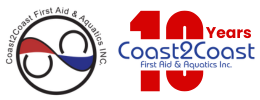

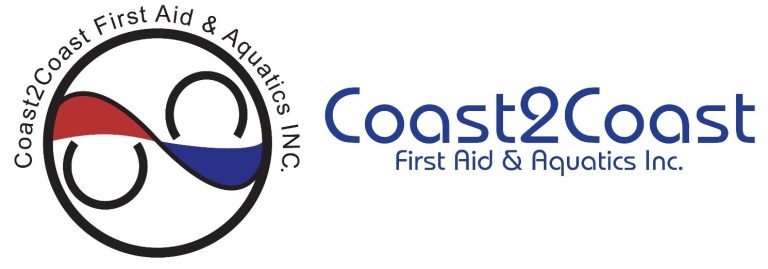

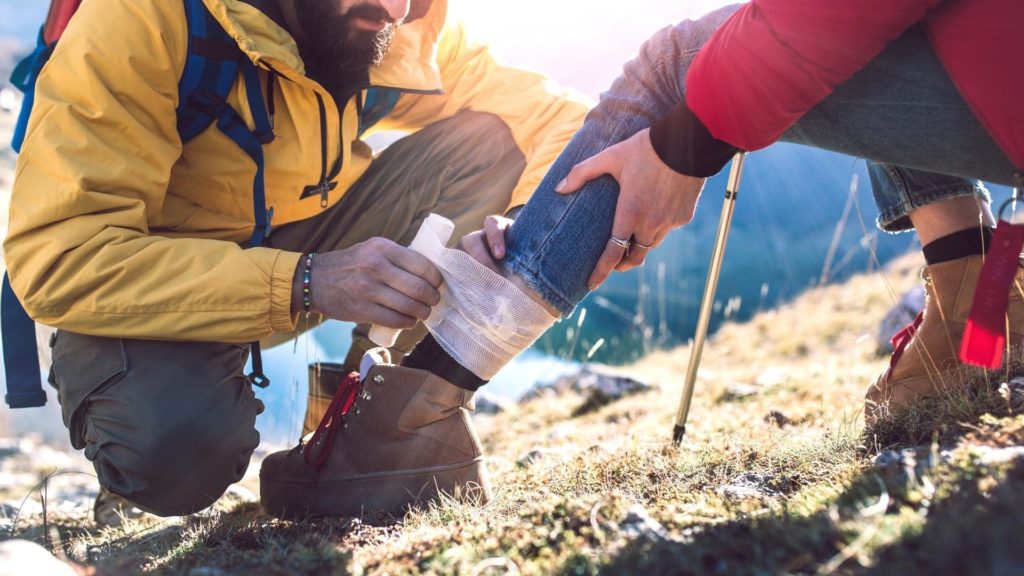
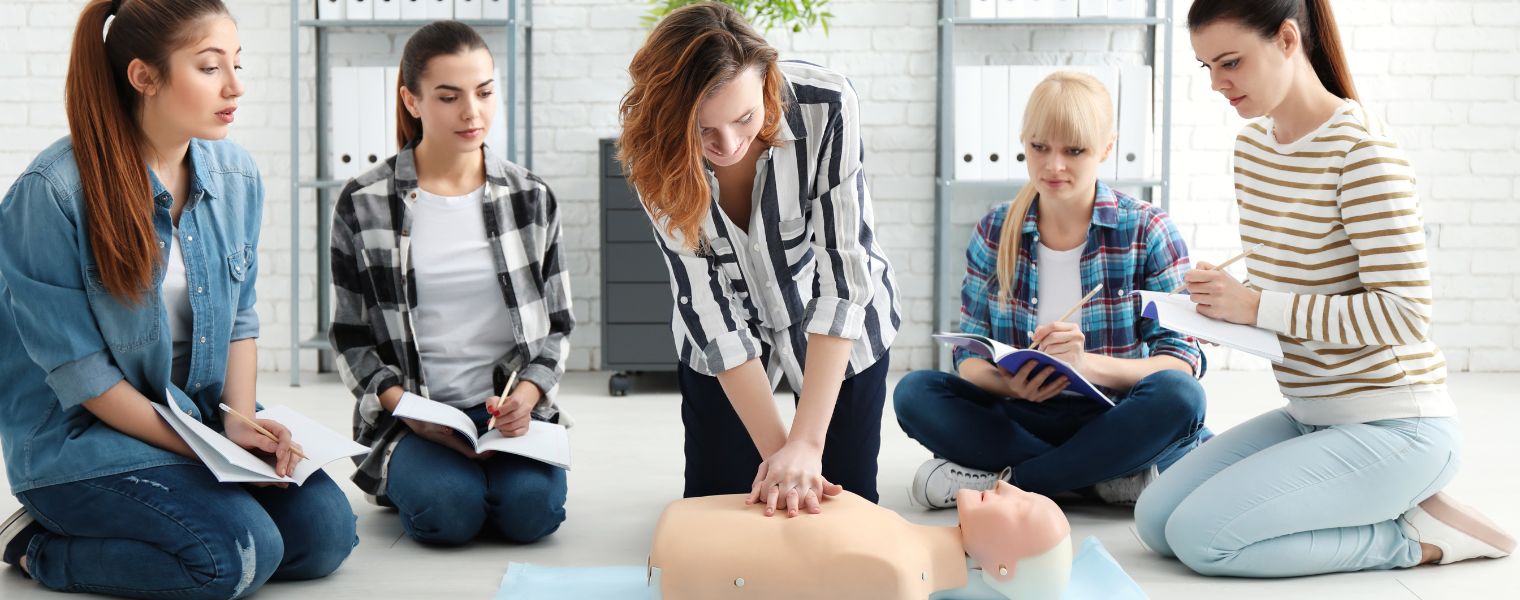
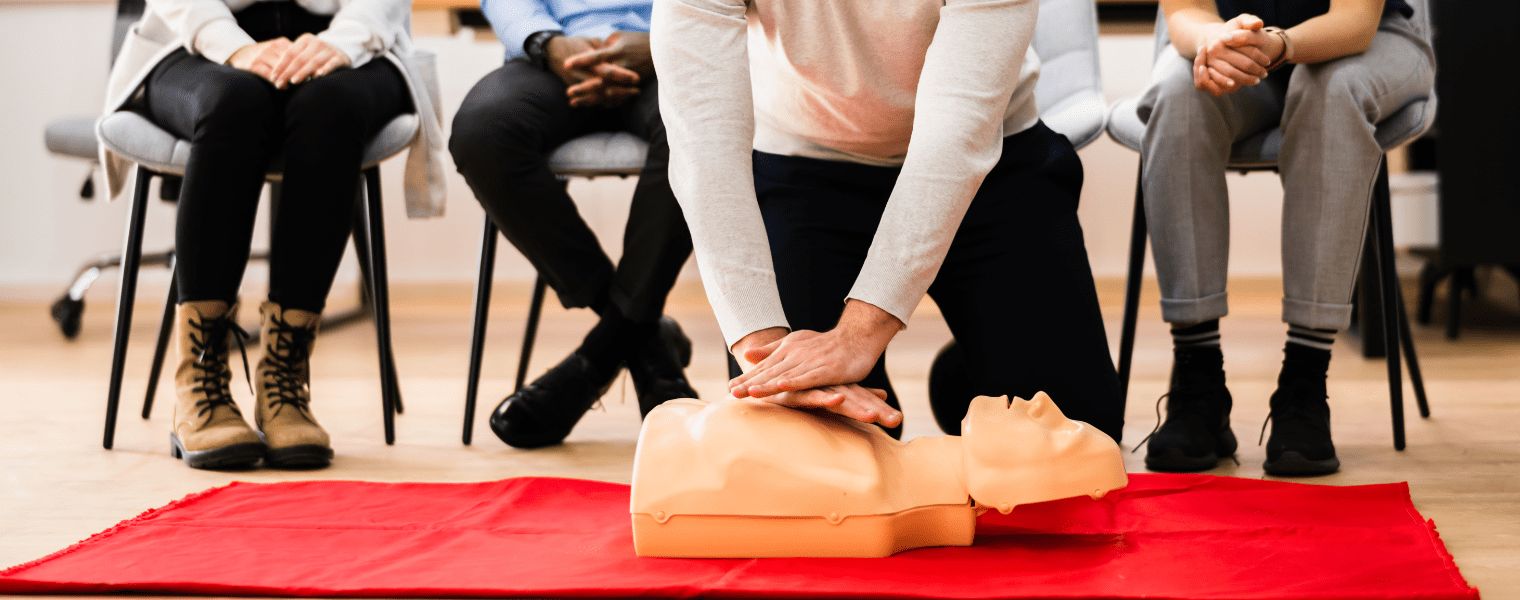
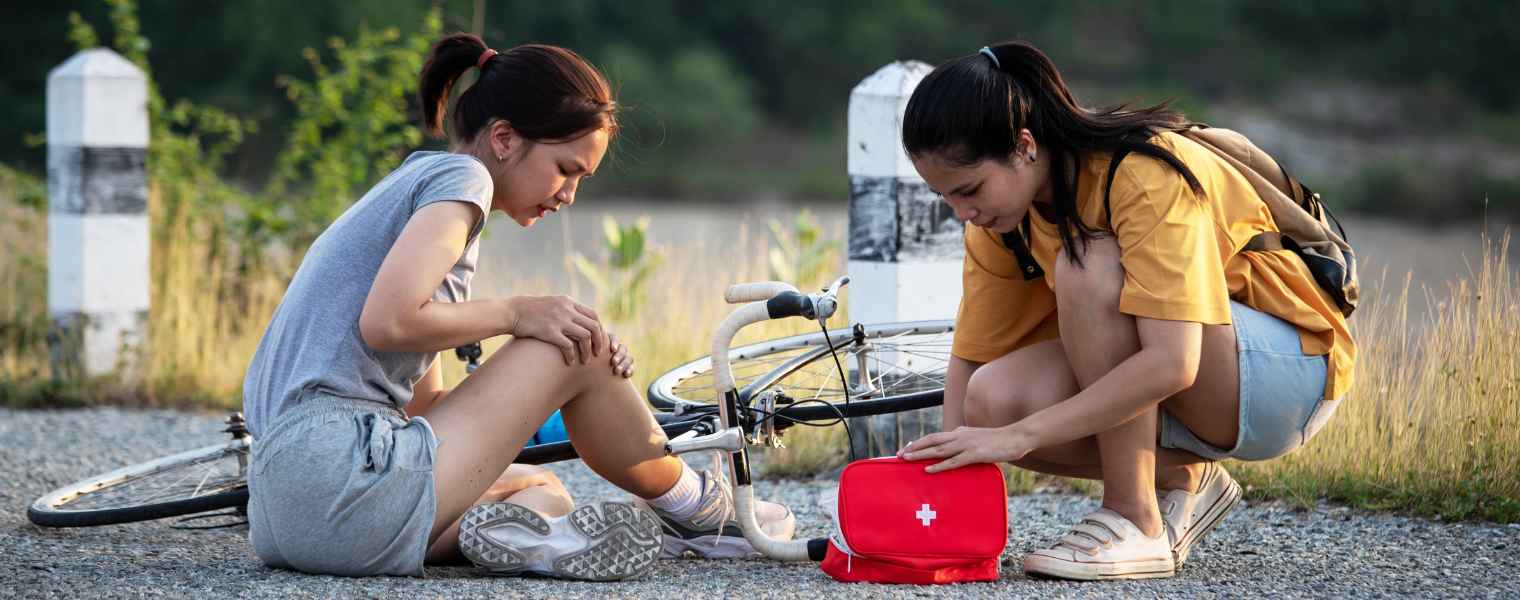

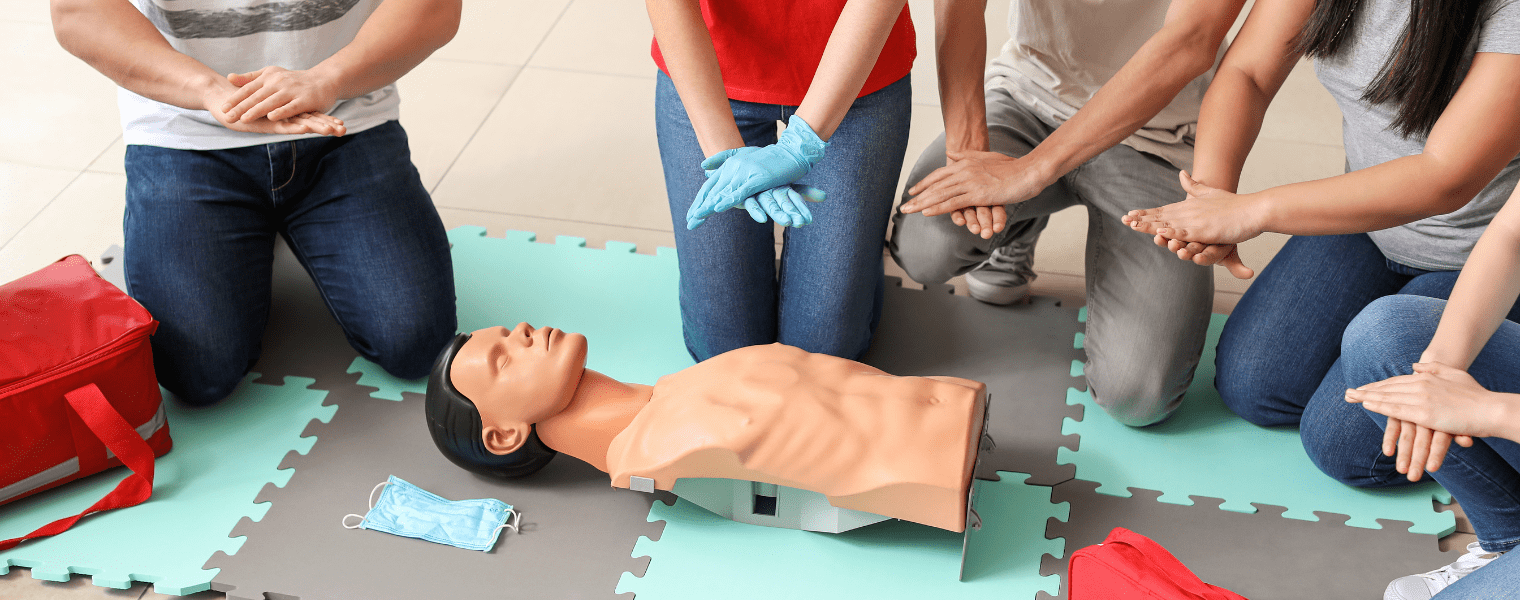
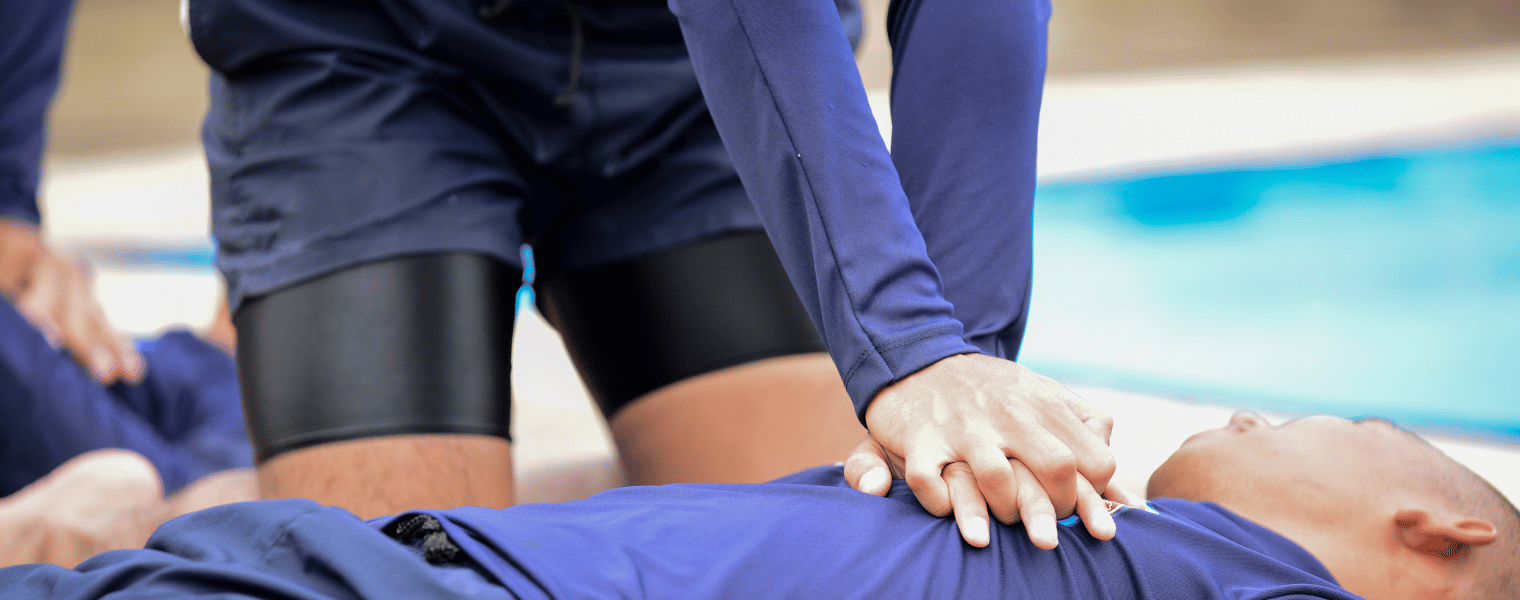
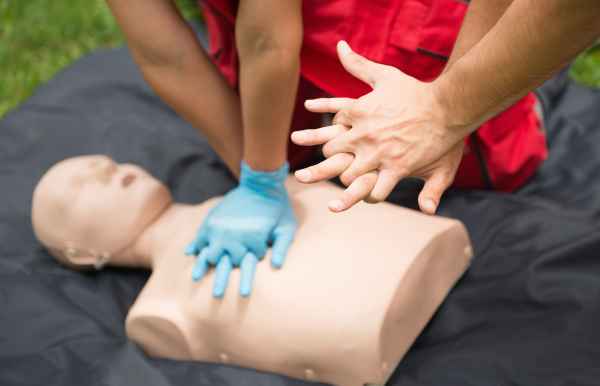

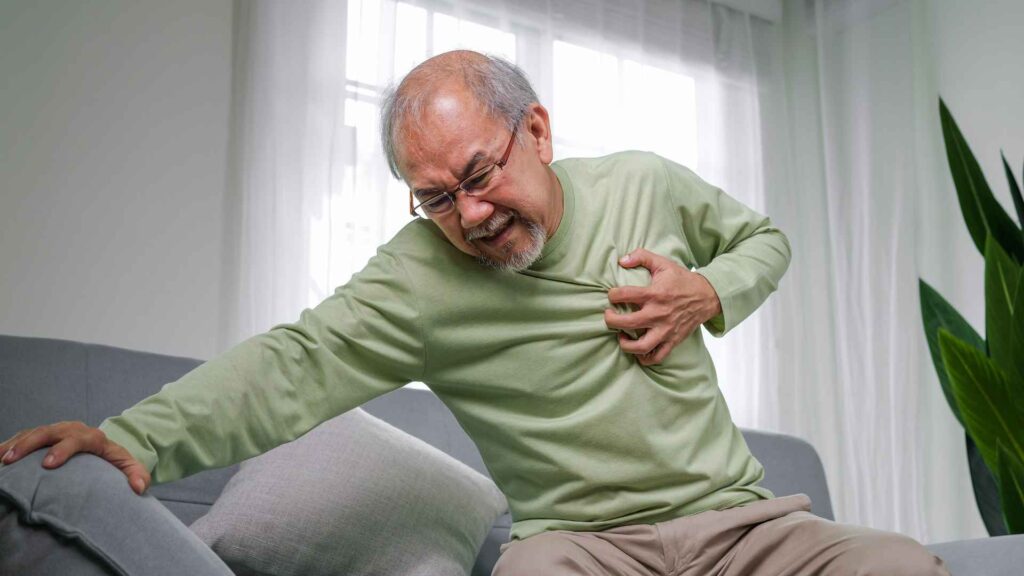
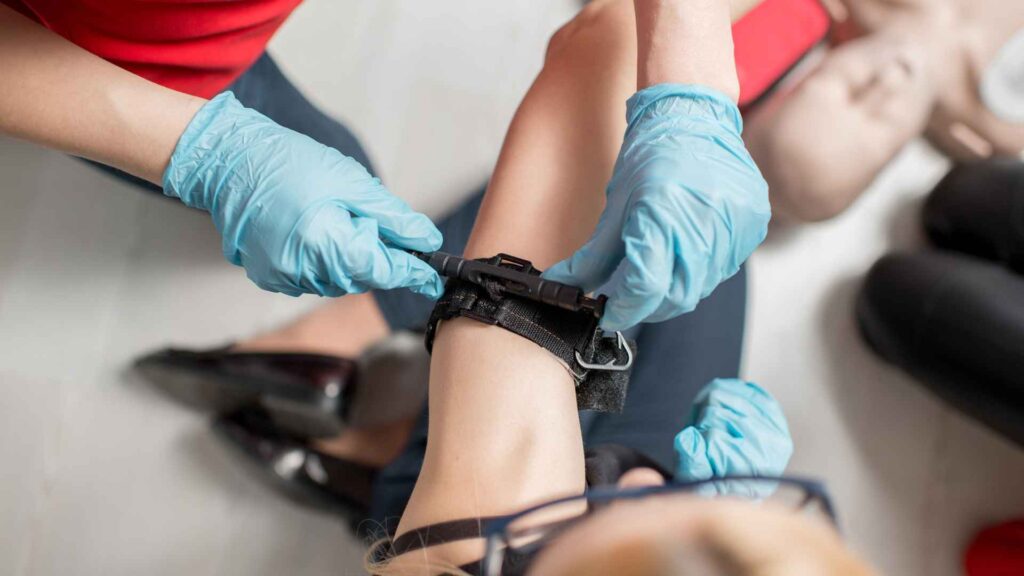
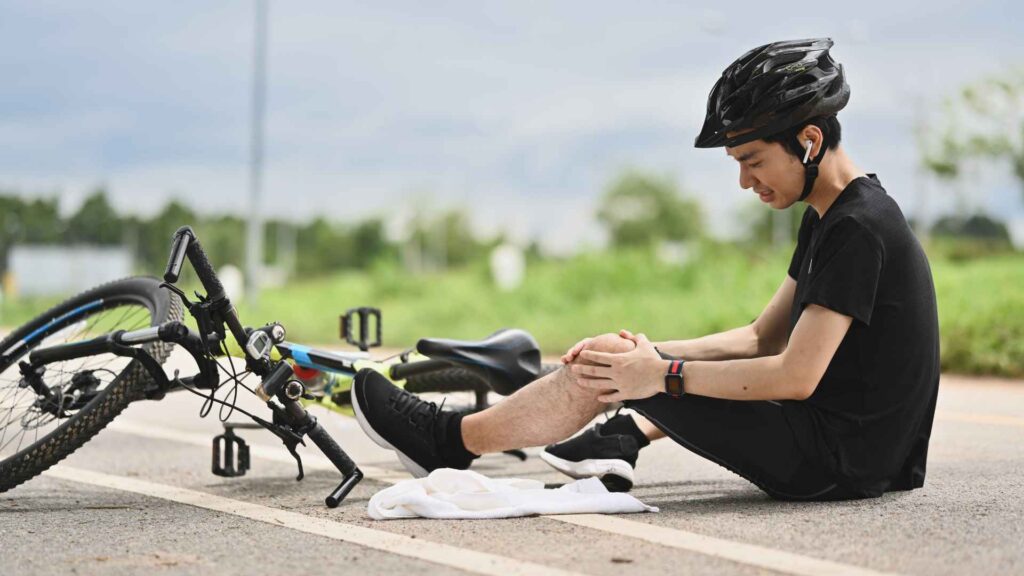


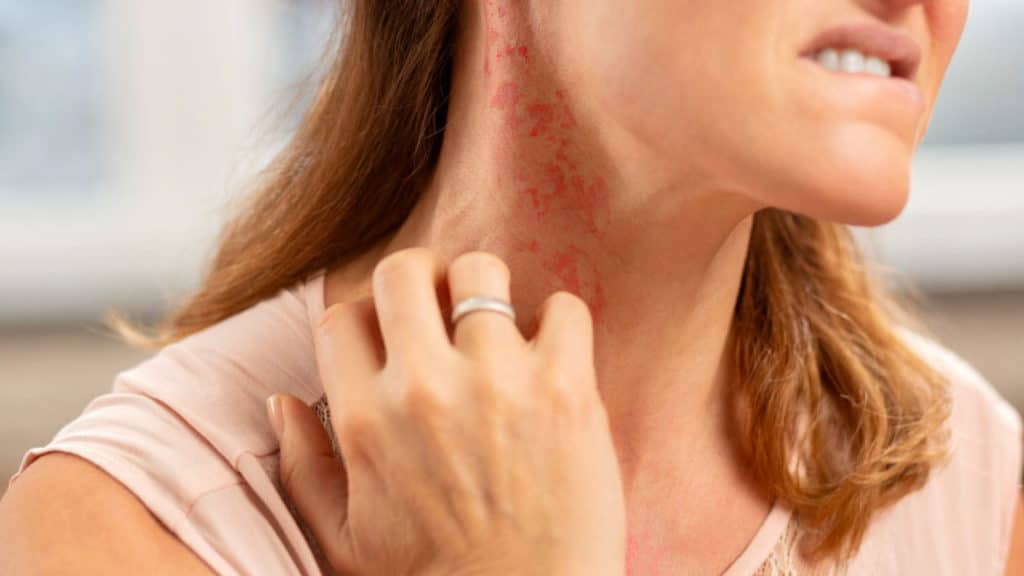
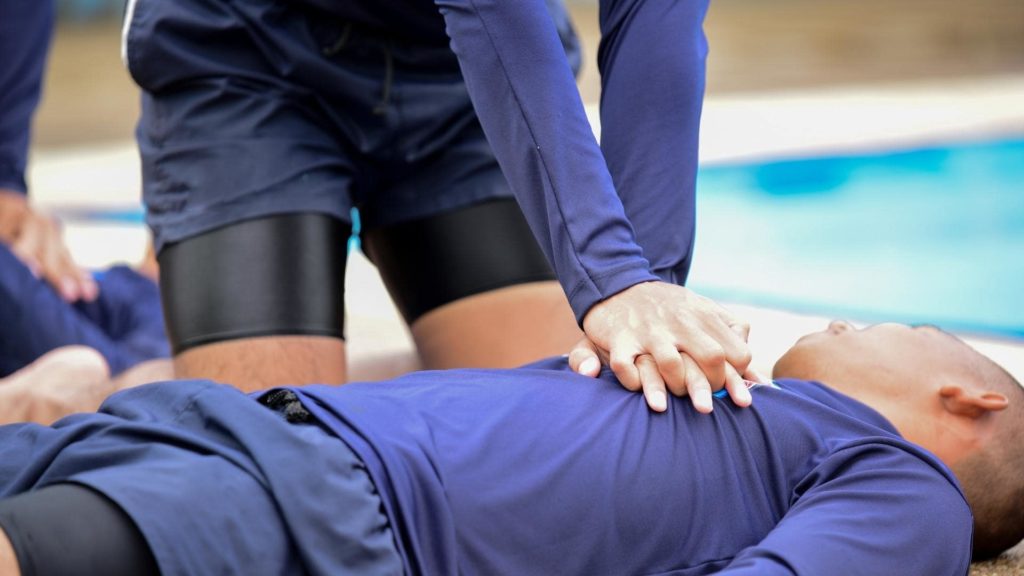
No comment yet, add your voice below!